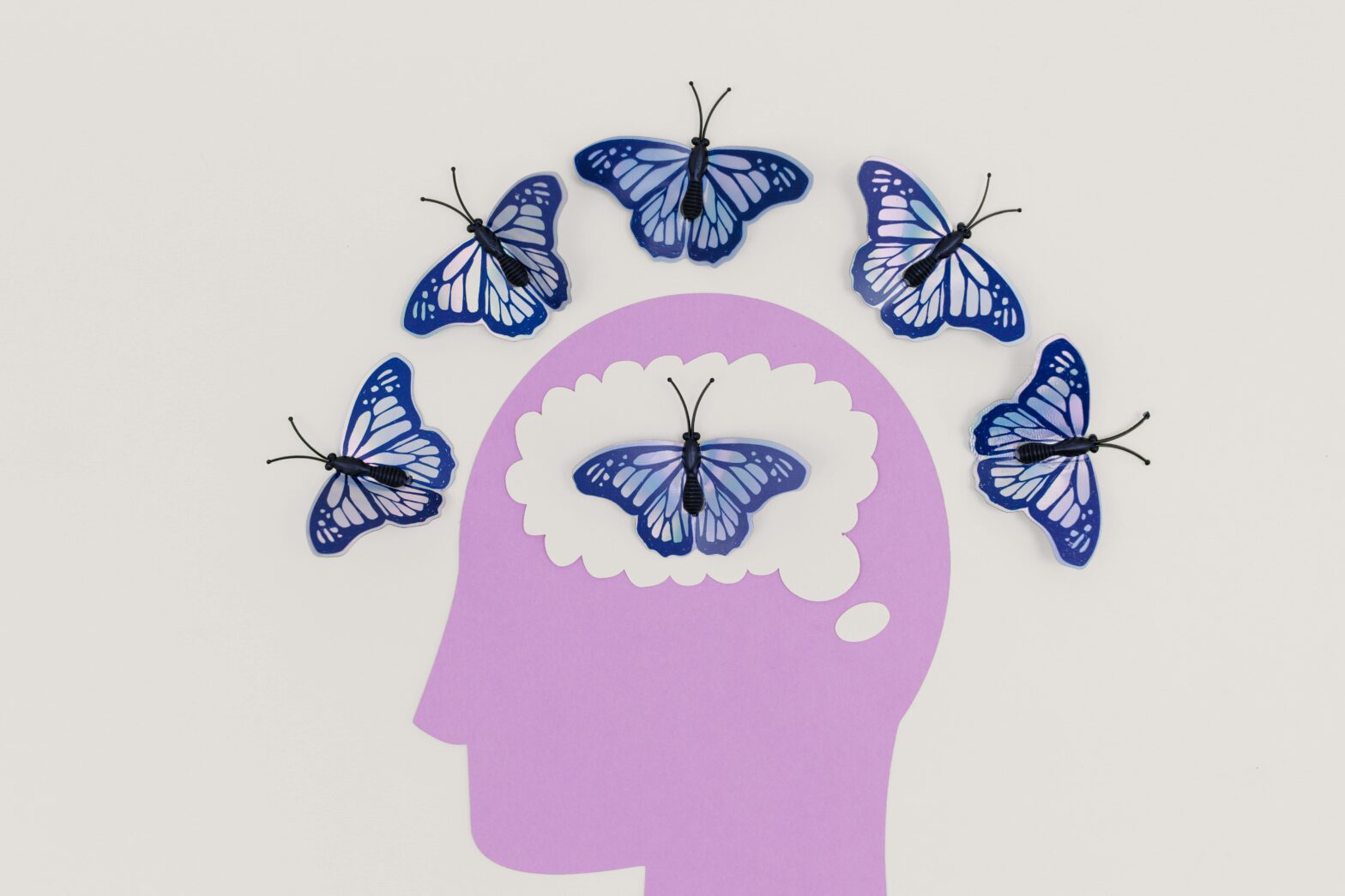Ever since I began studying and practicing self-compassion many years ago it has become one of my favorite topics to discuss with clients. There are so many benefits we can gain from truly understanding and practicing self-compassion skills.
I am excited to share some of those
benefits and some of what we have learned through years of rigorous research in the area of self-compassion.
In today’s fast-paced and achievement-oriented culture, people often measure their self-worth by society’s standards. This can lead to relentless self-criticism, stress, and burnout. Practicing self-compassion provides a way to counter these pressures and promotes emotional well-being
and resilience. Unlike self-esteem, which is often on conditional performance or approval (and typically involves being “better than”), self-compassion involves treating oneself with kindness and understanding during times of failure or difficulty.
What is Self-Compassion?
Kristen Neff, a leading research in the field, defines self-compassion as the ability to be warm and understanding toward oneself during difficult times, rather than being overly judgmental or critical (Neff, 2003). Self-compassion is grounded in three core components:
1. Self-Kindness: Instead of harsh self-criticism, self-kindness encourages gentleness and
understanding toward one’s flaws and mistakes.
2. Common Humanity: This aspect emphasizes that suffering and imperfection are
universal experiences, helping individuals feel connected rather than isolated.
3. Mindfulness: Mindfulness involves being present with one’s emotions in a balanced way—acknowledging painful feelings without overidentifying with them or pushing them away.
Self-compassion, therefore, is not self-pity or indulgence, which is what many might believe. Instead, it is a balanced and caring approach to oneself that can create increased emotional resilience and inner peace.
Why Self-Compassion Matters
1. Mental Health Benefits-self-compassion has been shown to improve mental health challenges such as depression, anxiety, and stress. A meta-analysis by MacBeth and Gumley (2012) found that higher levels of self-compassion are strongly associated with lower levels of distress. By fostering a kinder inner-dialogue, self-compassion helps reduce the harsh self-criticism that often leads to negative emotions.
2. Physical Health Impacts-Interestingly, self-compassion also impacts physical health. Research suggests that individuals with higher levels of self-compassion are more likely to engage in health-promoting behaviors, such as regular exercise, healthy eating, and getting enough sleep (Sirois et al., 2015). By reducing stress levels and fostering a balanced lifestyle, self-compassion can indirectly improve overall well-being.
3. Better Relationships-Practicing self-compassion not only benefits the individual, but also enhances interpersonal relationships. People who are kind to themselves are more likely to extend kindness, empathy, and patience to others. They are less prone to defensiveness or blame in conflicts, leading to healthier and more fulfilling interactions
(Neff, 2003).
Self-Compassion vs. Self-Esteem
While self-esteem and self-compassion are often seen as being similar they differ in key ways.
Self-esteem refers to one’s overall sense of worth and is often contingent on being better than others or achievements. In contrast, self-compassion is unconditional; it doesn’t require success in order to be present.
Research indicates that self-esteem can sometimes lead to narcissism, defensiveness, or a fear of failure, because it relies heavily on external validation (Neff & Vonk, 2009). Self-compassion, on the other hand, is not conditional. It does not require success to be present. It fosters a stable sense of self-worth that persists even in the face of failure. This distinction makes self-compassion a healthier and more sustainable form of self-regard.
The Neuroscience of Self-Compassion
The benefits of self-compassion are supported by neuroscience. Studies have shown that self-compassion activates the parasympathetic nervous system, promoting relaxation and reducing stress. Conversely, self-criticism triggers the threat-defense system, releasing cortisol and
other stress hormones (Gilbert, 2010).
Regularly practicing self-compassion can rewire the brain to respond to challenges more constructively. Neuroplasticity—the brain’s ability to reorganize itself—allows self-compassionate habits to strengthen over time, fostering a greater sense of inner peace and
resilience (Neff & Germer, 2013).
Practical Strategies to Cultivate Self-Compassion
Building self-compassion is a practice that requires intentionality and effort. Here are some evidence-based strategies to integrate into daily life:
1. Challenge Self-Critical Thoughts-Start by noticing when your inner critic takes over. Replace harsh judgments with compassionate, encouraging language. For example, instead of saying, “I always mess things up,” try reframing it as “I’m doing my best, and its okey to make mistakes.”.
2. Engage in Loving-Kindness Meditation-Loving-kindness meditation involves silently repeating phrases that express goodwill towards yourself and others, such as “May I be happy. May I be healthy. May I be at peace.” Research shows that this practice enhances self-compassion and reduces negative emotions (Hofmann et al., 2011).
3. Write a Self-Compassionate Letter-When facing a challenge, write yourself a letter as if you were comforting a close friend. This exercise can help shift your perspective and create emotional distance from self-critical thoughts.
4. Normalize Imperfection-Remind yourself that everyone experiences struggles and setbacks. This perspective, known as common humanity, helps reduce feelings of isolation and shame.
5. Use Self-Compassionate Touch-Research indicates that simple physical gestures, such as placing a hand on your heart or giving yourself a gentle hug, can activate feelings of safety and care (Neff, 2023). These gestures signal to your body that you are worthy of kindness.
6. Practice Mindful Awareness-Mindfulness is a cornerstone of self-compassion. Regular mindfulness practice can help you observe negative emotions without being consumed by them. Apps, guided meditations, or mindful breathing exercises are excellent tools to build this skill.
Challenges to Self-Compassion
While self-compassion offers many benefits, some people may find it challenging to practice. Cultural norms that prioritize toughness and self-reliance can make self-compassion feel unfamiliar or even uncomfortable. Additionally, some people fear that being kind to themselves will lead to complacency or lack of motivation.
However, research counters this misconception. Self-compassionate people are more likely to take responsibility for their actions and learn from their mistakes because they feel supported rather than shamed (Neff & Germer, 2013). Viewing self-compassion as a source of strength
rather than weakness can help overcome these barriers.
The Ripple Effect of Self-Compassion
The benefits of self-compassion extend far beyond the individual. When people treat themselves with kindness and understanding, they become better equipped to contribute positively to their families, communities, and workplaces. Self-compassion fosters empathy, patience, and cooperation, creating a ripple effect that can transform relationships and social
dynamics. In educational and professional settings, for example, self-compassionate individuals are more resilient to criticism and setbacks, enabling them to persevere and succeed. Similarly, parents who model self-compassion can pass these values on to their children, promoting healthier
emotional development and coping skills.
Conclusion
In a world that often demands perfection and constant achievement, self-compassion offers a revolutionary path to inner peace and resilience. By embracing self-kindness, acknowledging common humanity, and practicing mindfulness, you can transform your relationship with yourself and navigate life’s challenges with greater ease.
The practice of self-compassion is not just an act of kindness—it is a profound form of self-care that nurtures emotional well-being, strengthens relationships, and inspires personal growth. As Kristen Neff (2003) observes, self-compassion is not about avoiding life’s difficulties but about
facing them with an open heart.
References
Bluth, K., & Neff, K.D. (2018). New frontiers in understanding the benefits of self-compassion.
Self and Identity, 17 (6), 605-608. https://doi.org.
Gilbert, P. (2010). Compassion-focused therapy; Distinctive features. Routledge.
Hofmann, S.G., Grossman, Pl, & Hinton, D.E. (2011). Loving-kindness and compassion meditation; Potential for psychological interventions. Clinical Psychology Review, 31 (7), 1126-1132. https://doi.org
MacBeth, A., & Gumley, A. (2012). Exploring the role of self-compassion in mental health: A meta-analysis of the benefits of a self-compassionate attitude. Clinical Psychology Review, 21 (6), 545-552.https://doi.org.
Neff, K.D. (2003). Self-compassion; An alternative conceptualization of a healthy attitude toward
oneself. Self and Identity, 2(2_, 85-101. https://doi.org
Neff, K.D., & Germer, C.K. (2013). A pilot study and randomized controlled trial of the mindful self-compassion program. Journal of Clinical Psychology, 69(1).








